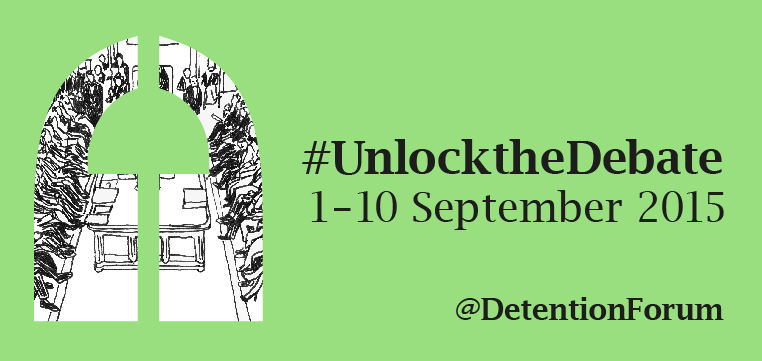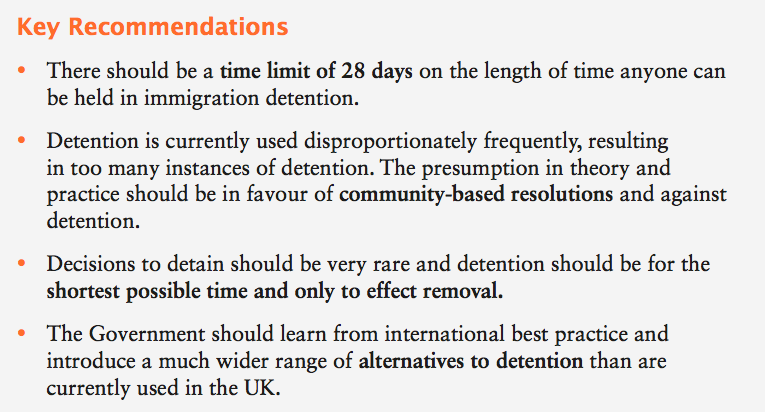This was originally published on AVID website, and with their kind permission, republished here.
Dover detention centre to close!
26 October 2015
Dover detention centre, which held 401 single male detainees, is to close by the end of October, it was announced last week.
The centre, previously a prison and young offenders institution, became a detention centre in 2002 and was run by HM Prison Service throughout this time. In the same month as the closure was announced, a detainee held there was awarded £19,000 in damages following their unlawful detention: a powerful symbol of the injustices and problems which plague the detention system. AVID welcomes the move, which we hope is a recognition on the part of the Government that it is using detention ‘disproportionately frequently’ and a move to reduce the numbers of those held. Dover’s closure reduces the numbers of detention bed spaces by around 10%.
It’s the second such rapid, unexplained closure of a detention centre this year, with Haslar IRC having been handed back to the National Offender Management Service (NOMs) in May. Staff were told on the 15th October that the centre would close within two to four weeks.
Detainees have been transferred out of the centre since the 15th, and we suspect many will be transferred to the Verne in Dorset, the second largest detention centre in the UK which opened in 2014.
While local press has focused on the impact of the closure on those who worked at the facility, it is likely that for those detained at Dover the closure will likely only mean greater anxiety and distress.
If they are transferred to other detention centres across the UK, people who may have already been detained for months or even years will find themselves yet again separated from vital support networks – family, friends, lawyers and specialist support organisations – and the misery, isolation and trauma of their detention intensified.
AVID member Samphire (formerly Dover Detainee Visitors Group) has supported men detained at Dover for many years. Fraser Paterson, Detention Support Manager, said:
“For those at Dover, Thursday’s decision is likely to mean lengthy detention in a different detention centre. Just because one detention centre is closed doesn’t mean that these problems go away – they’re just less visible. The public needs to keep up the pressure on the Government to change these damaging policies.”
You can read Fraser’s full response on behalf of Samphire here.
AVID’s Director said:
“The closure of Dover detention centre, particularly coming so soon after the closure of Haslar, significantly reduces the numbers of detention spaces available. We hope this is a first step towards reducing the UK’s reliance on detention. The detention system is in crisis, and holding huge numbers without time limit is increasingly being understood as a practice that puts the UK at odds with other European countries. It is time for change, and we hope this is a sign that the government is willing to listen.”
AVID wishes all those who volunteered at Dover, supporting many thousands of detainees over the years, the very best. Samphire will continue its work in the community and its national work with ex detainees.




